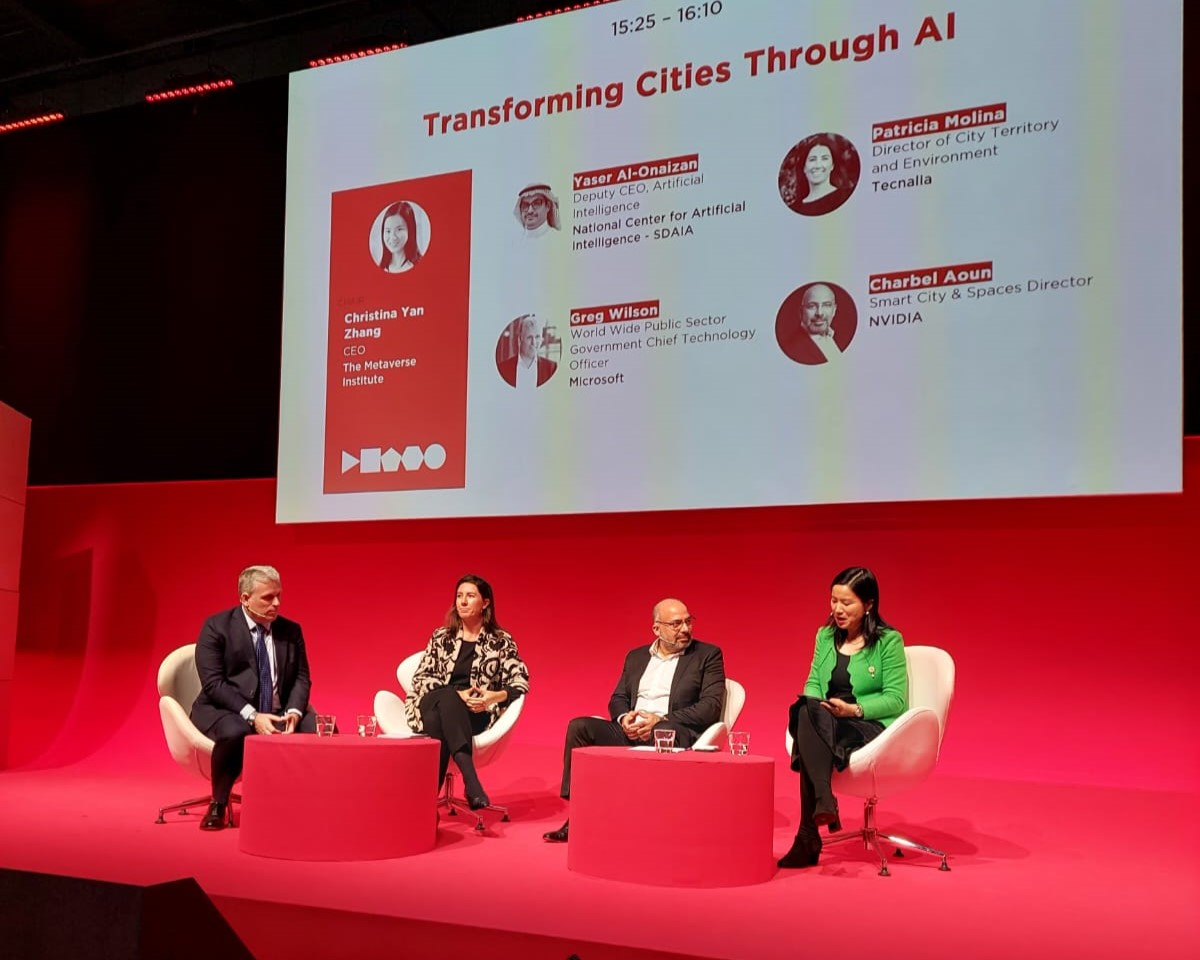“AI is a decision-making support tool that can help to create more sustainable, resilient and inclusive cities”
Cities are complex environments where artificial intelligence and digital twins can support decision-making for positive urban transformation
TECNALIA’s City, Territory and Environment team is using AI to turn large volumes of data into useful information that will support and improve decision-making in a complex environment such as city transformation and management.
The aim is to model the behaviour of cities in dynamic and changing environments with so-called city digital twins. This is achieved through classical numerical simulation, descriptive analytics, predictive techniques and multi-criteria optimisation techniques, among others.
Applications of AI and digital twins
These solutions can be used, for example, to optimise the location of urban accessibility facilities or to simulate air quality scenarios with soft sensing. Modelling also makes it possible to estimate the air temperature on the land surface in order to manage urban heat islands, or to predict the impact of construction work and issues affecting public space based on historical licensing data.
All this information helps urban planners and managers to make informed, evidence-based decisions.
Explainable AI to boost transparency and confidence
One of the challenges of AI is to be able to explain its results so that it helps with decision-making in city management and public planning, and “explainable” algorithms are required in all our developments. Some cities, such as Helsinki and Amsterdam, have already created public registers of algorithms to boost transparency and public confidence in decisions based on these algorithms.
In this regard, cities need to have a robust data strategy in order to harness the potential of AI in this field. New cross-cutting governance is also needed in order to use data in an efficient, integrated and secure way, while ensuring privacy.
More sustainable, resilient and inclusive cities
Patricia Molina, Director of City, Territory and Environment at TECNALIA, recently participated in the session Transforming cities through AI at the Smart City Expo World Congress, the world’s most influential urban innovation event.
As Patricia said in her speech, “we see AI as a decision-making support tool that allows for more agile, efficient and evidence-based decisions. However, it is also important to consider potential biases in the baseline data and the construction of algorithms, in order to ensure that they help to make cities more sustainable and resilient, as well as more inclusive.
